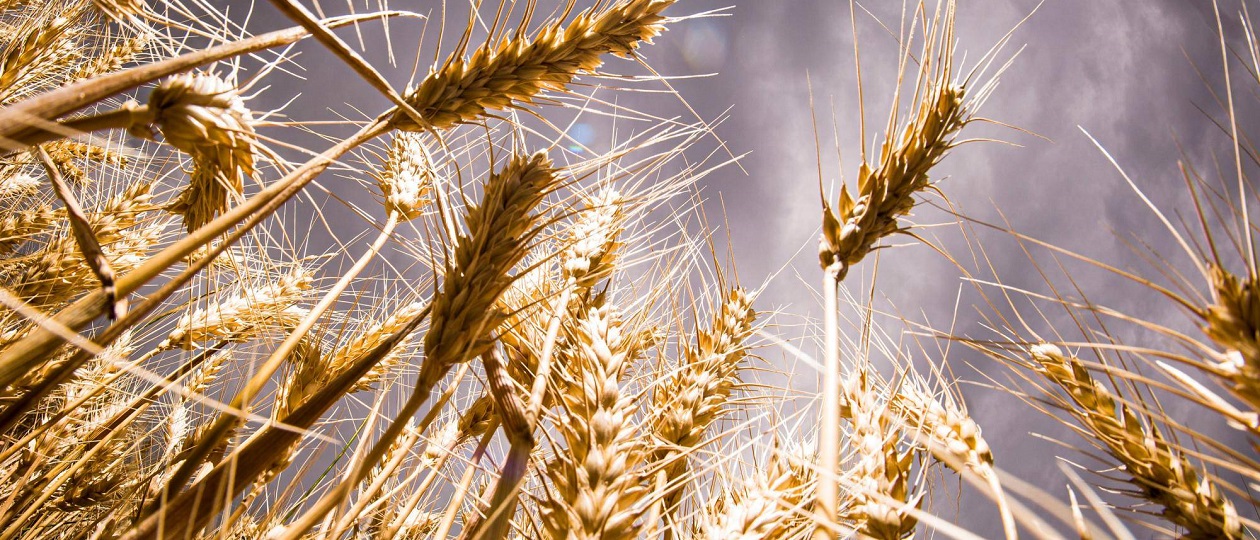
After World War II, Japan imported all kinds of ideas from America. One of them was that “a bread diet is better for health.” At that time, it was widely advertised that eating rice makes people stupid.
Here is what the Japanese scholars then claimed, supported even by the Japanese government:
“The nature of those who eat rice and people who eat wheat are naturally different. If the former believe that people eat because they exist, then others believe that people exist because they eat. This disagreement is the result of eating different foods. While the former are humble and passive, the latter are progressive and active.
… [Since by its nature rice is tasty and satisfies those who eat it], such a person easily gets used to this lifestyle and loses the will to be active. … [People consuming wheat] believe that in itself it is not tasty, and this makes them wish for the best, gives an impetus to action and a desire for progress. Their desires increase, they need more varied food.
This need to first turn wheat into wheat flour, and then add other ingredients to it, such as meat and dairy products, has led to many innovations that have created today’s food culture based on wheat flour.
The relative ease of the rice diet deprives people of the ability to reason, think, and maneuver.
The development of science is becoming impossible.
Parents who feed their children exclusively white rice make idiots out of them. …When a person eats rice, his brain works worse. Comparing the Japanese with Westerners, we find that the former have twenty percent lower intelligence than the latter. This is also evident from the fact that very few Japanese have received the Nobel Prize. …Japan must completely destroy its rice fields and strive for a complete bread diet.”
Along with such propaganda, school nutrition has changed: over the years, the Japanese government instead of rice supplied exclusively bread for school lunches.
As a result of all this, if in 1960 the average annual consumption of rice was 118 kilograms per person, now it is only 61 kilograms. Those. Japan’s rice consumption has fallen by about half over 57 years.
Why is this bad?
In Japanese homes today, many people, at least once a day, eat bread or pasta, plus the Japanese eat a lot of meat. And so most of this meat, wheat, and other products, such as soybeans and corn, are imported mainly from the United States. As a result, Japan’s self-sufficiency in terms of food decreased from 80 (in 1960) to 39 percent.
The United States is still trying to force Japan to increase rice imports – not because the Japanese themselves need it, but only because the USA has formed an excess of it.
In addition to all this, fake information was launched, which, allegedly, Japan ranks first in the world in the use of chemicals in agriculture.
According to a 2004 OECD (Organization for Economic Cooperation and Development) OECD survey, Japanese farmers use almost 16 kg of chemicals per hectare, while US farmers use only 2 kg. However, if we analyze the final product — the rice itself — we will find more traces of pesticides in the American one. The reason is that under the 1995 SPS Agreement on Food Safety, each country has the right to set its own safety standards. This allows US farmers to use more pesticides and insecticides after harvesting rice. They remain on the grains and do not wash off when ingested.
Will the Japanese be able to get out of this situation, time will tell.






One comment
Benjamin David Steele
24.06.2022 at 13:00
It’s not unreasonable to suspect that certain areas of diet and nutrition could affect intelligence or other such things like behavior, personality, etc. There is massive amount of research on how these factors determine many facets of neurocognitive development, variously promoting it, stunting it, and otherwise altering it.
That said, as far as I know, there is no evidence that rice, specifically, causes lower intellectual capacity and IQ. At least, no more evidence than wheat causing violence, aggression, and psychopathy. The data is thin to non-existing for such speculations and too easily prey to racial and class prejudice (in the East, wheat was primarily eaten by the wealthy).
Nonetheless, there is research that shows that people in rice-growing vs wheat growing areas do act and think differently, whether or not it’s caused by the diet, culture, or some other factor. Even then, no study has been done on the potentially divergent impact of agricultural systems on brain functioning. It is a worthy hypothesis to be tested, though; but difficult with all of the confounding factors.
The best argument for rice maybe having been a problem in the past was not rice itself but what it was replacing. An Asian poverty diet often relied too heavily on rice because animal foods sometimes were less available. In Japan, as meat consumption has risen, so has longevity. And I’m willing to bet average IQ has gone up as well, probably far above wheat-loving Americans. Yes, wheat consumption has also gone up, but I doubt that has been beneficial.